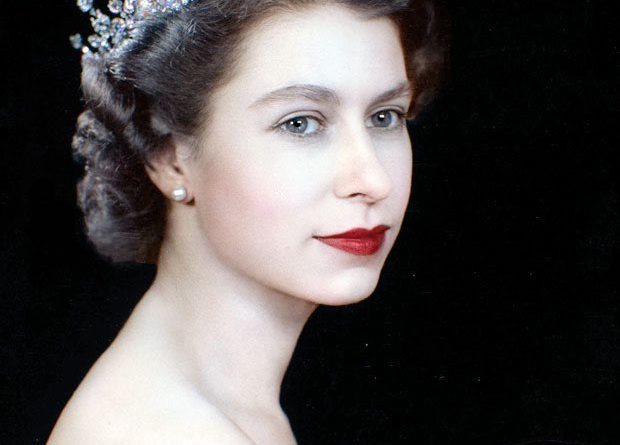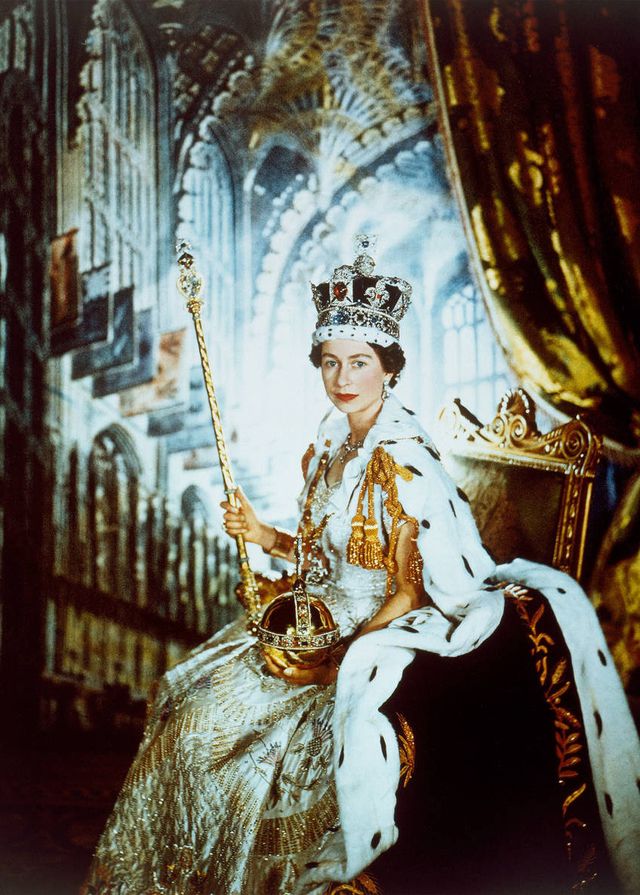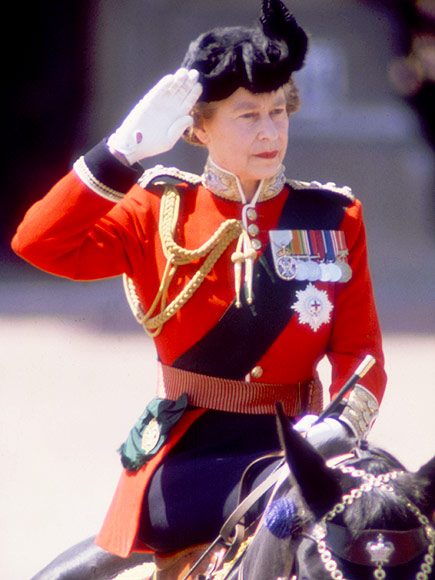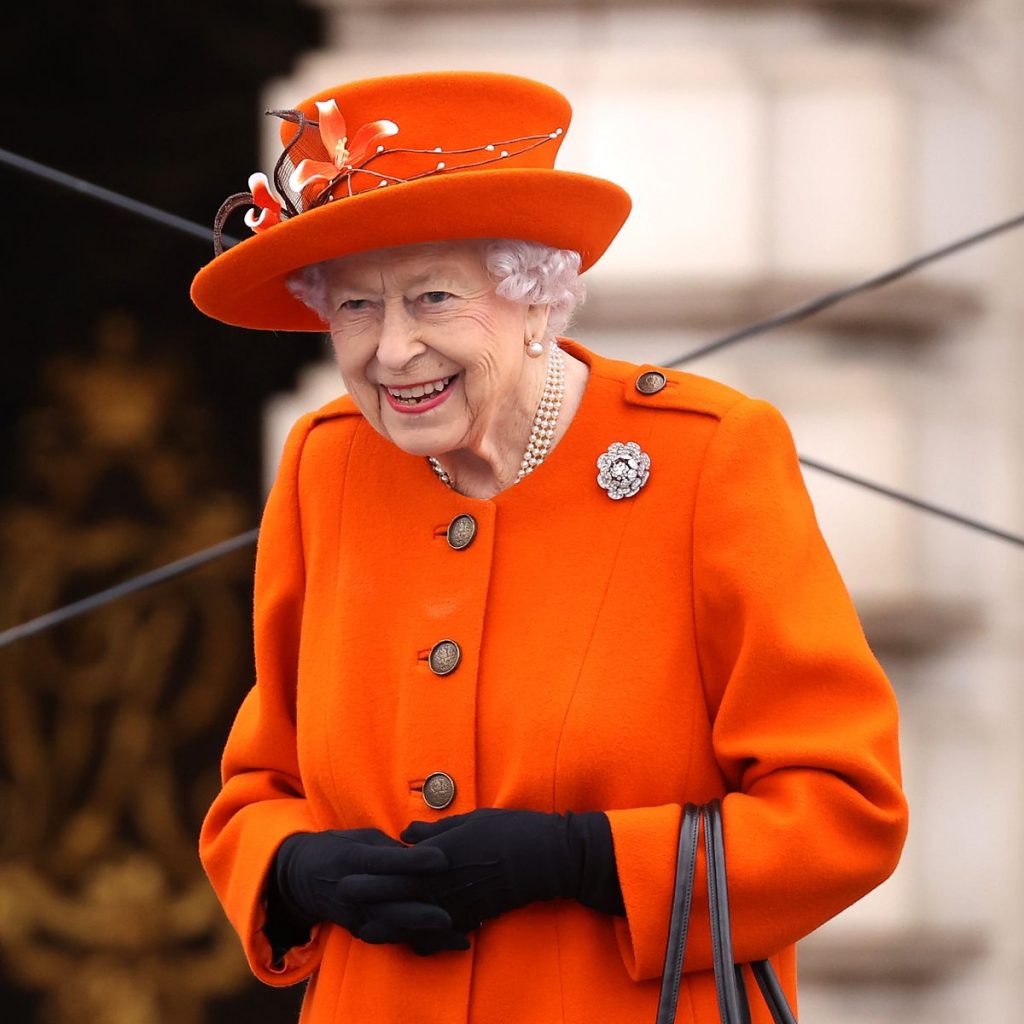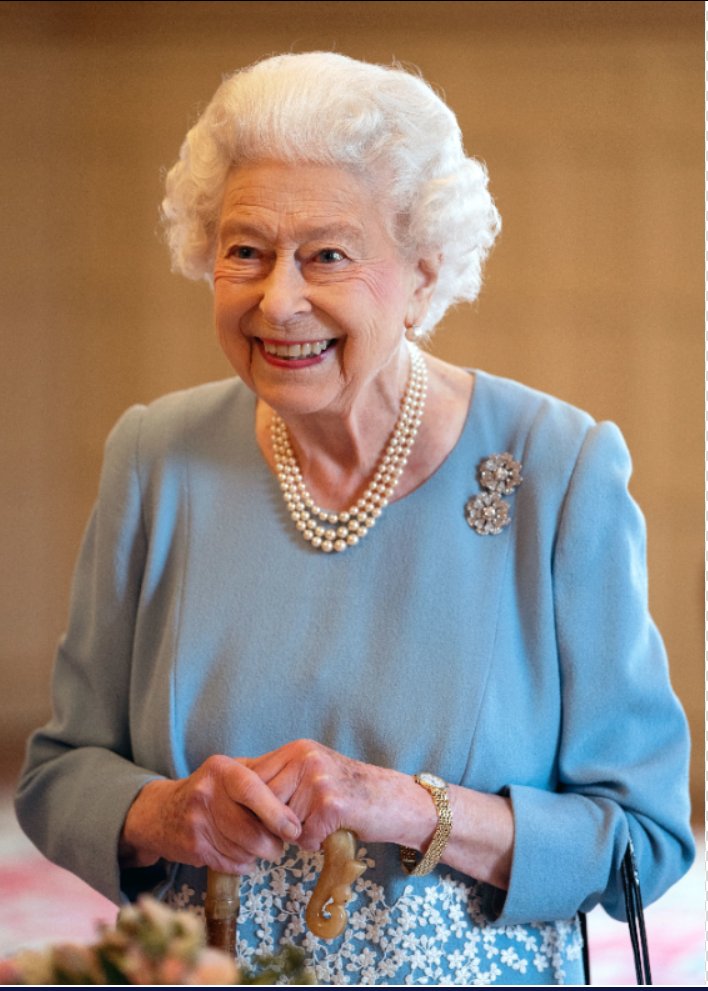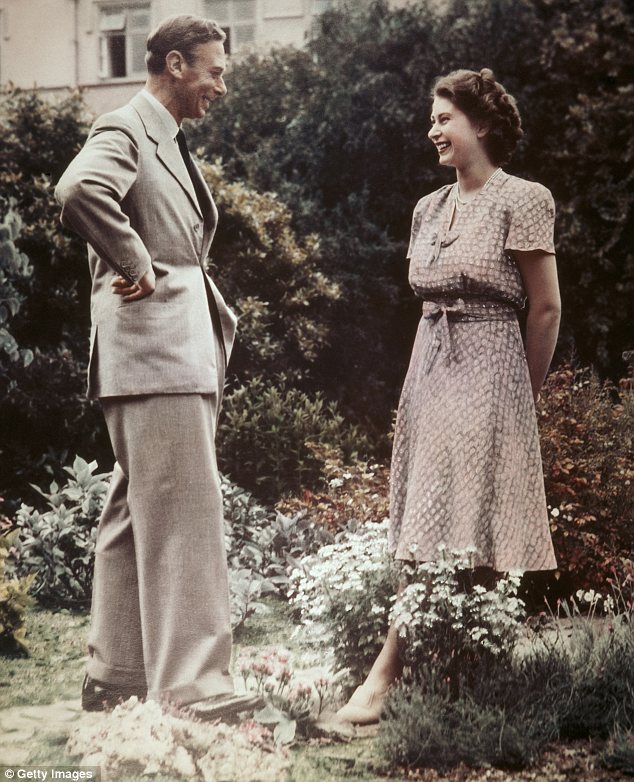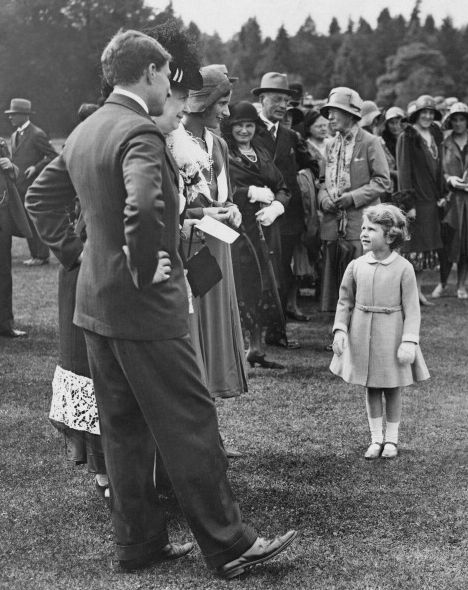Weekend woman: The Queen. Platinum lady.
I knew of the Queen of England long before I ever came to live in her country. She had visited my part of the world, before I was born and the trip had become the subject of legend, spoken of , by the grownups, in reverential tones.
From eavesdropping on their conversations about my family’s imminent move to England, I learnt that her name was Elizabeth. That she was young and beautiful with smooth, porcelain skin. But three things about her made the women either lower their voices when they spoke of her or raise their eyebrows in disbelief. One that she displayed her bare legs which was shocking in a country where women were expected to be covered at all times. Two, that she had short hair. This was a source of much consternation for the women for whom long, luscious locks were a crowning glory to any level of beauty. Queen Elizabeth, however, wore her crown over hair that barely brushed the entirety of her neck. This, in itself, placed her in unthinkable territory. The third fact, that her husband walked a few steps behind her, placed her firmly in the realms of mythology.
I went further. I’m not sure now whether I misheard a comment or over activated my 4 year old imagination or some old biddy actually said it, but, in my head, Queen Elizabeth became a magical creature.
The reason?
She had a second skin on her legs. And it moved! Yes, she could take it off!
I was awed.
I remained so when, a few months later, I moved to Queen land, England, a place where, apparently, all her female subjects had this extra, removable skin.
One day, the German wife of a friend of my father’s came to the house. I followed her around, staring at her legs intently, until I could resist it no longer. I had to find out if it was true. As Helga stood, unsuspectingly, in conversation with my parents, I pinched her just below the knee and came away with a handful of her second skin.
Well, I never! I was stunned.
Later, I discovered the more prosaic truth. Queen Elizabeth, Helga, the women who walked down the street, all wore stockings or tights and you could buy them in the shops. Nothing magical about it, at all.
Childhood disappointments are a grim thing.
In the many years since, Queen Elizabeth, however, has never disappointed.
As much as a human can be, she has been a constant. No other public figure has been in our lives, as Britons, than her. She is on the money we use, in the daily media we consume, the subject of the anthem that is played anywhere to represent our country. More than in those physical manifestations, she is a constant unseen omnipresence, in the way that the existence of a parent gives you roots, stability, an anchor, even when you’re away from them.
In her 70 years on the throne, politicians have come and gone; corrupt ones, good ones, weak and strong ones, admired ones and those tarnished by lies, greed and scandal. Celebrities have come and gone. Film stars, rock stars, theatre stars, authors, artists, chefs, reality show stars, Instagram influencers. Fashions, fads, movements, all have come, blazed brightly and faded. But Queen Elizabeth is still here.
And she’s still an enigma, still the most intriguing of public figures:
The most famous woman (or person) in the world for seven decades yet we know next to nothing about what she thinks, believes, likes, dislikes.
Regularly voted one of the most admired, influential people in the world, yet she does not preach, teach or sell anything other than duty and service, two values that are in rare existence these days.
Her look, her style, her way of living is never ‘in fashion’, yet she is timeless.
The monarchy has been challenged by various events and individuals over the years but her personal popularity has not waned.
She never chases fame but her mere existence eclipses the biggest Hollywood star, the biggest musical superstar, the most powerful man in the world, at any event.
She speaks publicly on rare occasions, yet most people have an idea of her voice and accent and can do a decent, exaggerated impression of both. And her pithy phrases, “Annus horribilis” and more recently “Recollections May vary” among others, have passed into common language because they say so much without descending into unnecessary detail. “Recollections May vary” was used in court recently, in one of my cases. Everyone present, smiled knowingly. It was the classiest way to say what a witness had said was a pack of lies!
In an increasingly ephemeral world she represents longevity, certainty, stability, history.
In an increasingly dreary, grey, Orwellian world, she represents majesty and glory.
Since the age of four, I’ve learnt a lot more about Queen Elizabeth than what she wears on her legs. I know she is not just the Queen of England but of the United Kingdom and 14 other Commonwealth realms. I know that she took on the huge mantle of her role in 1952, at the age of just 25. I know that Sir Winston Churchill was her first prime minister and Boris Johnson is her 14th. That 13 US presidents have served their country during her reign. That she, herself, is the longest serving female head of state in history. That she is the longest serving incumbent head of state in the world. That, although there are many monarchies in the world, when anyone, anywhere says, ‘the Queen’ they mean Elizabeth Il.
And today she marks the day she ascended to the throne, 70 years ago. Marks, rather than celebrates, because today is also the anniversary of the death of her father King George vi. The time for full celebration will be in June for her platinum jubilee.
No other British monarch has served so long. 70 years on the throne without putting a foot wrong as head of state. She has stayed true to the pledge she made as a young woman in the second picture :
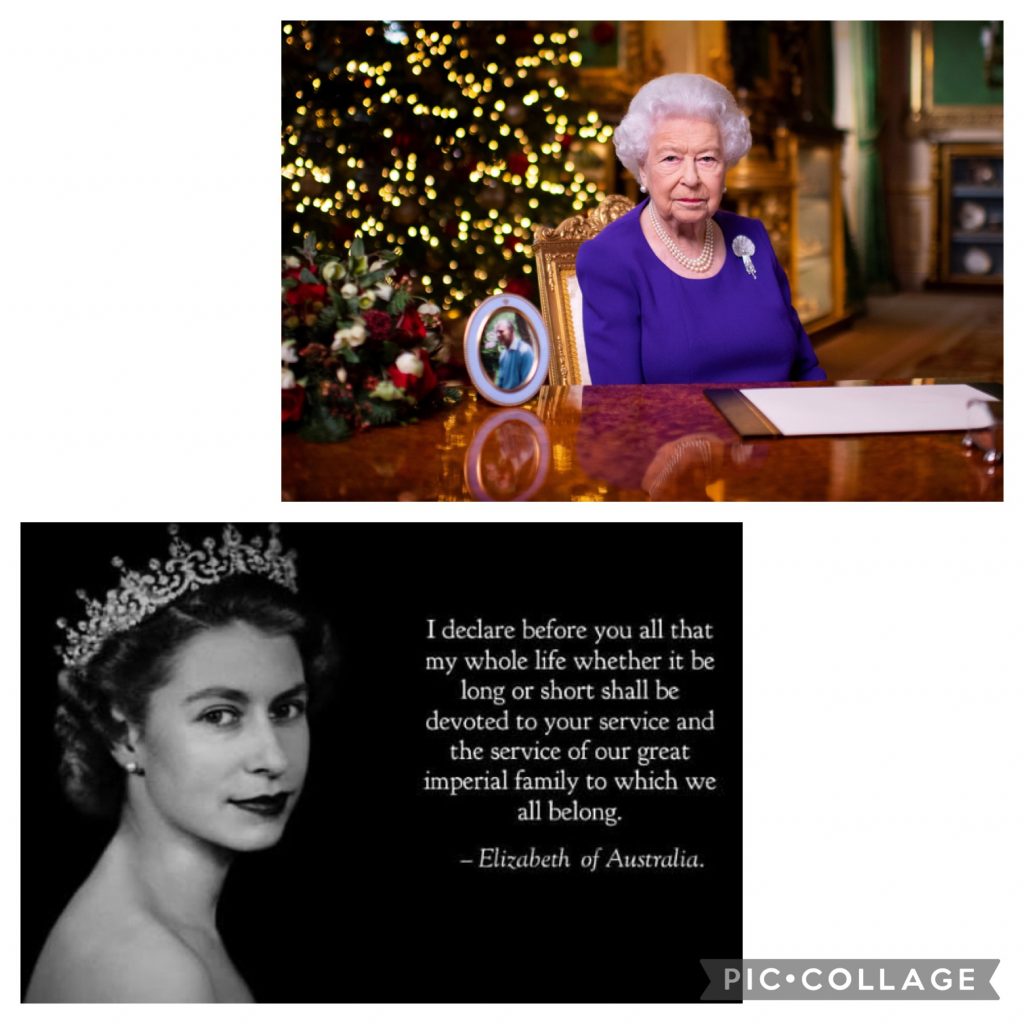
God, indeed, save the Queen.

